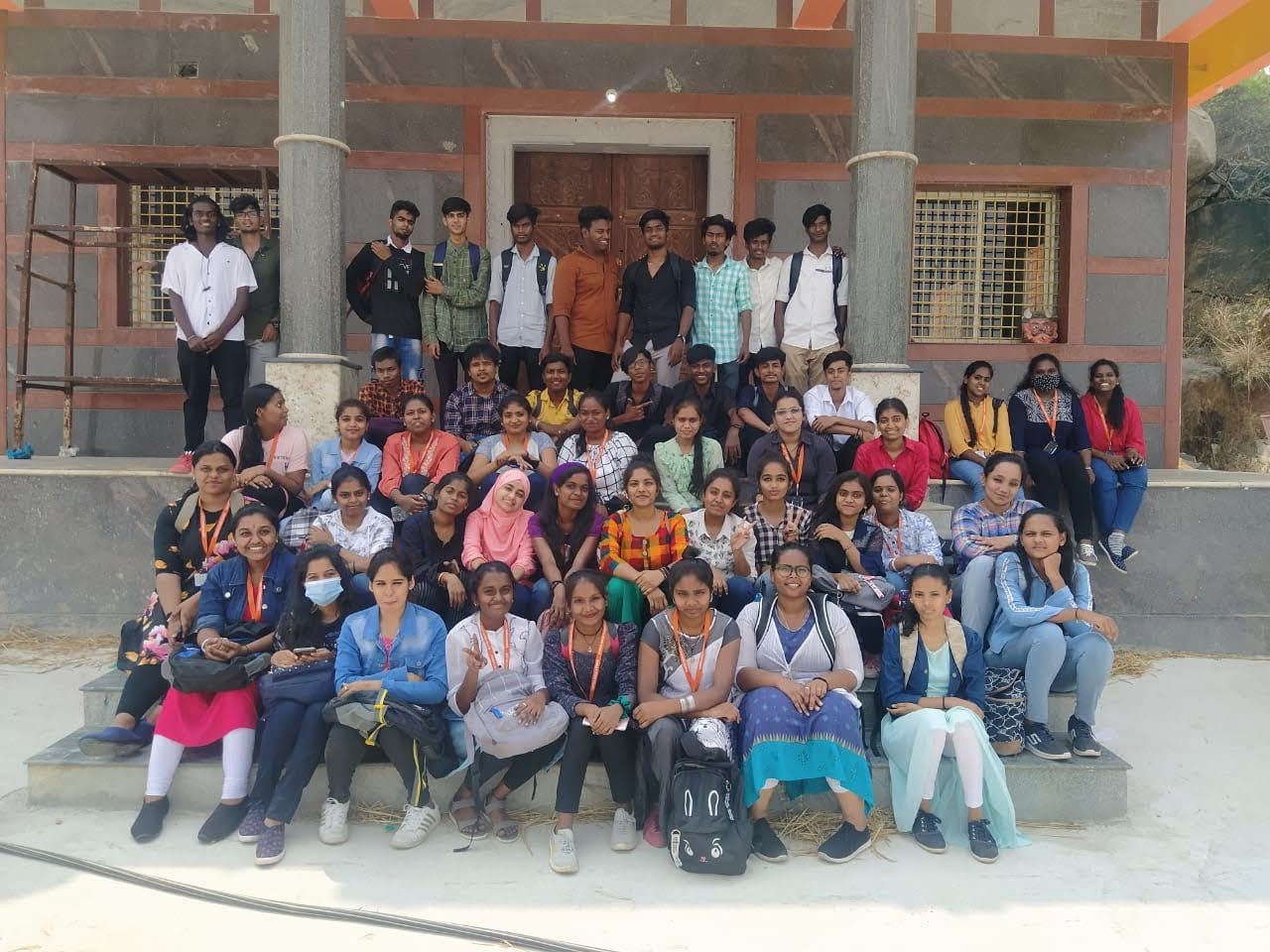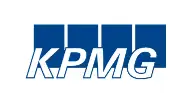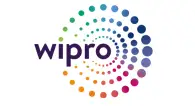
At Charan's Degree College, we believe in nurturing minds, fostering creativity, and empowering our students to achieve their full potential.
At Charan’s Degree College , we’re dedicated to empowering our students with the skills and opportunities they need to kickstart their careers. Our robust placement program ensures that every graduate is well-equipped to thrive in the professional world.
Mock interviews play a crucial role in preparing candidates for placements by providing them with practice, feedback, and opportunities to improve their interview skills. They help candidates gain confidence, identify weaknesses, and familiarize themselves with different interview formats, ultimately increasing their chances of success in the real job interview.

Soft skills training enhances employability by equipping candidates with the interpersonal, communication, problem-solving, and emotional intelligence skills necessary to succeed in diverse work environments. Employers increasingly recognize the importance of these skills and prioritize candidates who possess them during the recruitment process.





I am incredibly grateful for the education I received at Charan’s Degree College. Thanks to the rigorous curriculum and hands-on projects, I was well-prepared for my role as a software engineer at Accenture. The career services team provided invaluable support, helping me fine-tune my resume and prepare for technical interviews. I owe my success to the dedicated faculty and staff who helped me every step of the way.